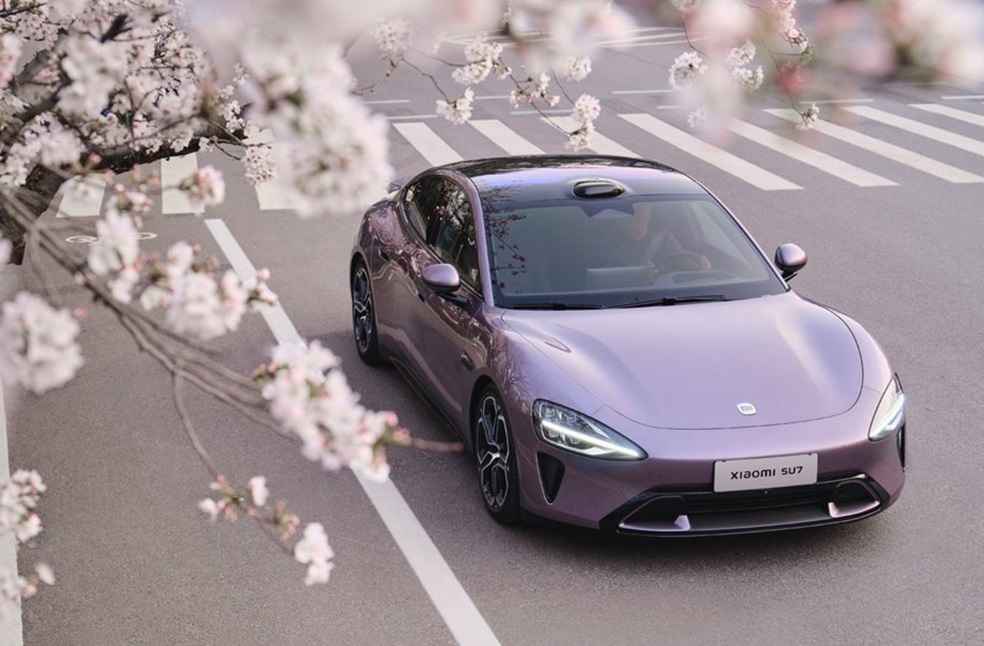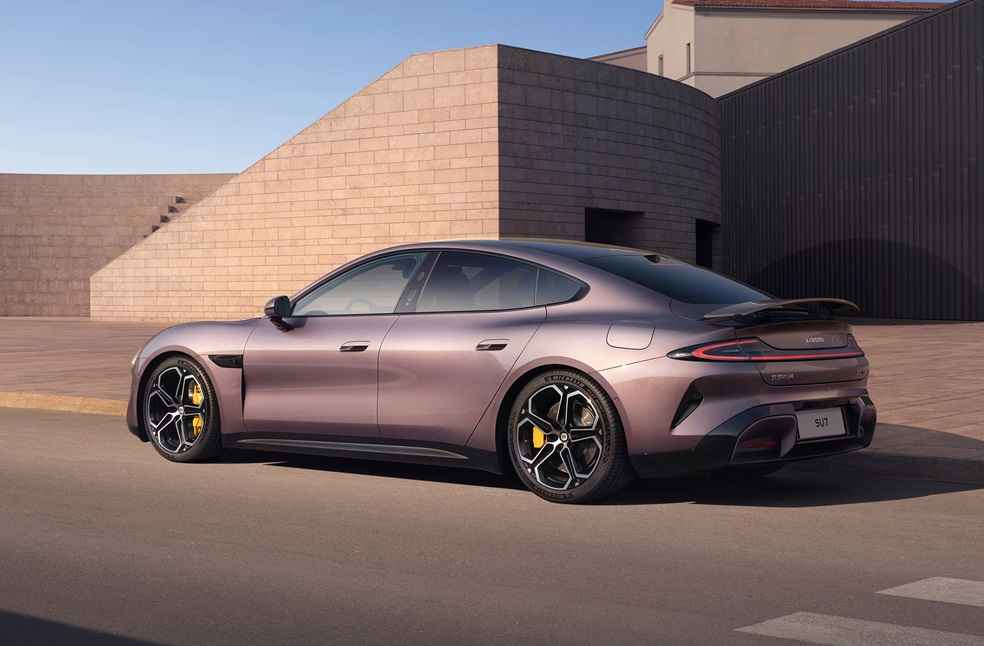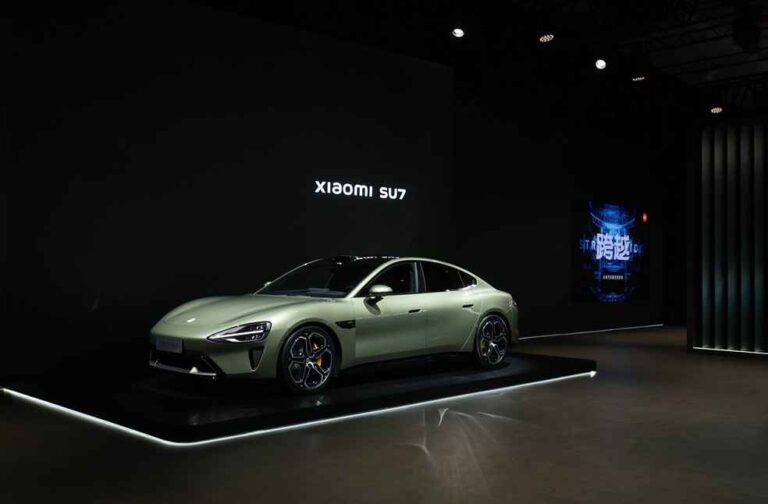China: Xiaomi, a leading Chinese smartphone maker, has said that its first electric vehicle (EV) may take up to six to seven months to deliver. The company notified customers of this delay days after their EV, the SU7 Max’s launch.
There were reports on Chinese social media indicating that the company is disclosing to buyers that the SU7 Max could take up to 27 weeks to deliver. The company earlier announced that it received 88,898 pre-orders within 24 hours of beginning to take orders.
The third largest seller of smartphones in the world is entering the biggest car market in the world where it will compete with current leading electric vehicle manufacturers such as Tesla and BYD. The standard SU7 model costs 215,900 yuan ($29,872; £23,663), while the Max version is priced at 299,900 yuan. Tesla’s Model 3 begins at 245,900 yuan in China.

The SU7 is an electric car model resembling Porsche’s Taycan and Panamera models. It holds a minimum range of 700km (435 miles), which is more advanced than the Tesla Model 3’s range of 567km. To boost the SU7, Xiaomi introduced special versions of the car called the Founder’s Edition, which come with gifts such as fridges.
Xiaomi’s CEO, Lei Jun, announced in a Weibo post that the company will be launching a second round of sales for the Founder’s Edition. The new electric vehicle (EV) model, the SU7, will share an operating system with Xiaomi’s existing phones, laptops and other devices, which the company hopes will attract its current customer base.

The EVs are manufactured by a unit of the state-owned car maker, BAIC Group, at a Beijing plant that has a production capacity of up to 200,000 vehicles per year. However, this move comes at a time when global EV sales growth has slowed down, resulting in a price war in the EV market.
Tesla, led by billionaire Elon Musk, lowered the prices of its cars in China by several thousand dollars in recent months. This move comes as local opponents, including the world’s leading electric vehicle maker, BYD, also lowered their costs. The challenges faced by technology companies that aim to manufacture electric cars are evident as Apple, the iPhone maker, reportedly scrapped its project to make an EV last month.



